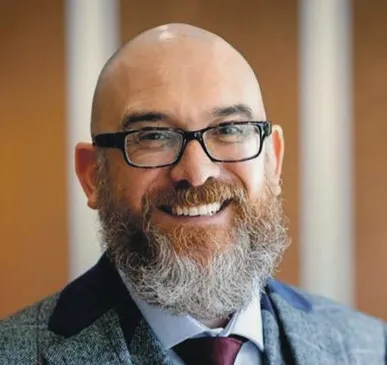
Anglicans on the edge
On The Edge is a confidential gathering for Anglicans who are considering whether they can remain in the Church of England (or other Canterbury-aligned structures) writes Susie Leafe. It is hard to report on an entirely secret event – but hopefully this will give a flavour of what it is like to attend On The Edge.
The team of On The Edge, which is run by Anglican Futures, aims to provide a warm welcome – for many who attend, the first time they meet anyone involved is when they walk through the door of the anonymous hotel, and most are emotionally exhausted by the time they get there. As one participant said: ‘My family attended the first On The Edge. We were in great anguish, wanting to honour God, be faithful and yet not be foolish.’

What is ‘good ministry’?
It started with a conversation between a couple of ministers at our weekly online Coffee Room about the challenge of finding support for evangelical ministry in more deprived communities, writes Susie Leafe.
That led to a one-off Ideas Exchange, which has now developed into twice-termly online meetings and the beginnings of an informal network stretching from the west coast of Wales to the south coast of England. Plans are afoot for a new section on our website, to enable home-grown resources to be shared more widely.

Anglicans look
at suffering
‘For most
of
the
book of
Job
it
is
long,
boring
and
bewildering, it goes
round
in
circles,
and nothing seems
to get resolved … It
is a helpful insight
into the experience
of those who suffer,’ said Matthew Mason
(see photo), Tutor in Ethics at the Pastors’
Academy, to those attending the most recent
Anglican Futures Online Ideas Exchange,
‘Caring For Those Experiencing Depression
and Anxiety’, writes Susie Leafe.
We learned more of the loneliness of those
who experience mental health difficulties
and the loneliness and helplessness of those
who care for them. We recognised that none
of us can ever be ‘enough’ and considered
the benefit of a
small group of
friends
walking together with the individual sufferer.
We were pointed
to God’s grace as we
thought about the need for us all to be
more vulnerable if we are to provide more
accessible, safer places for those currently
struggling with their mental health.